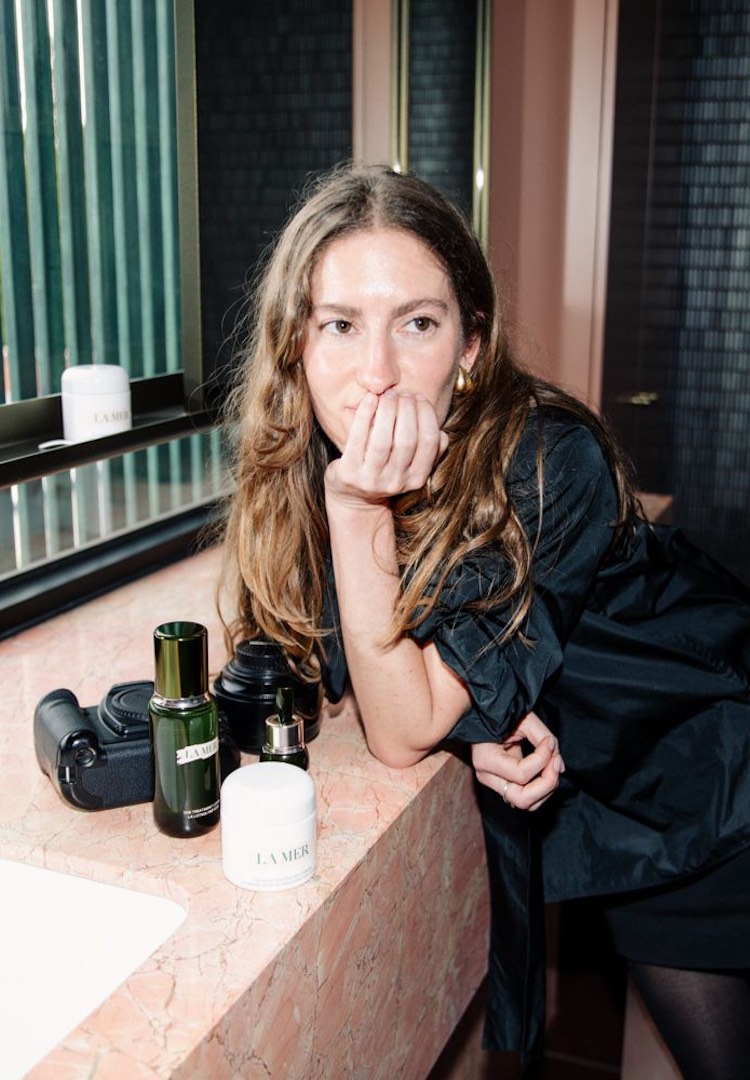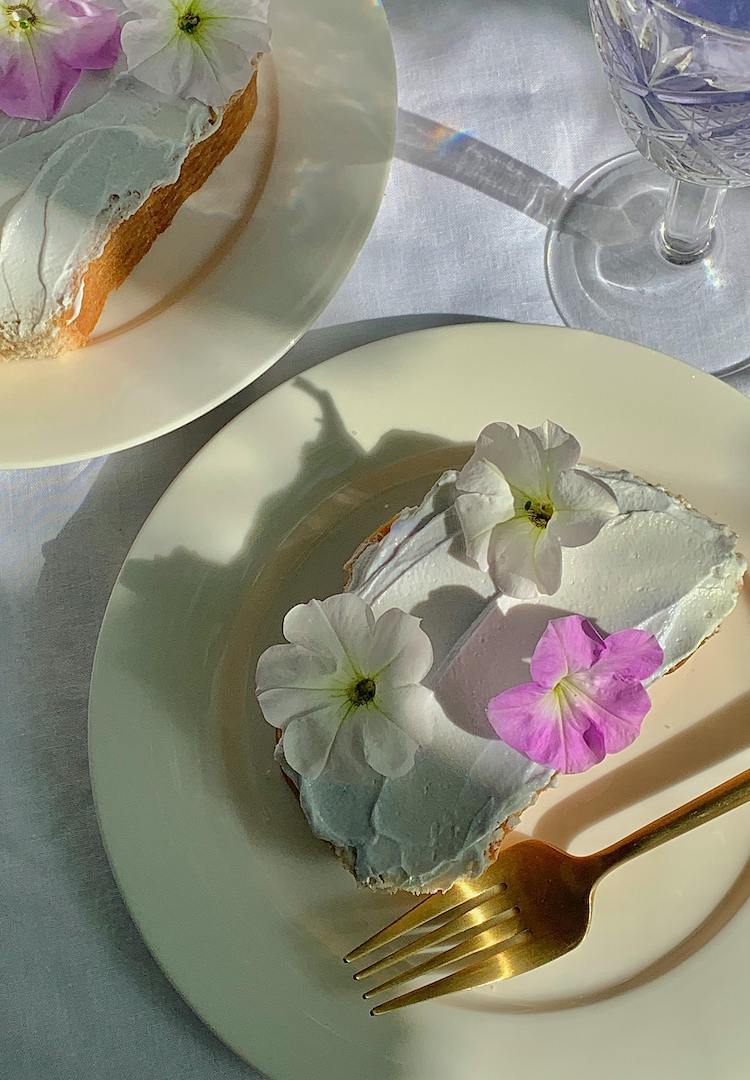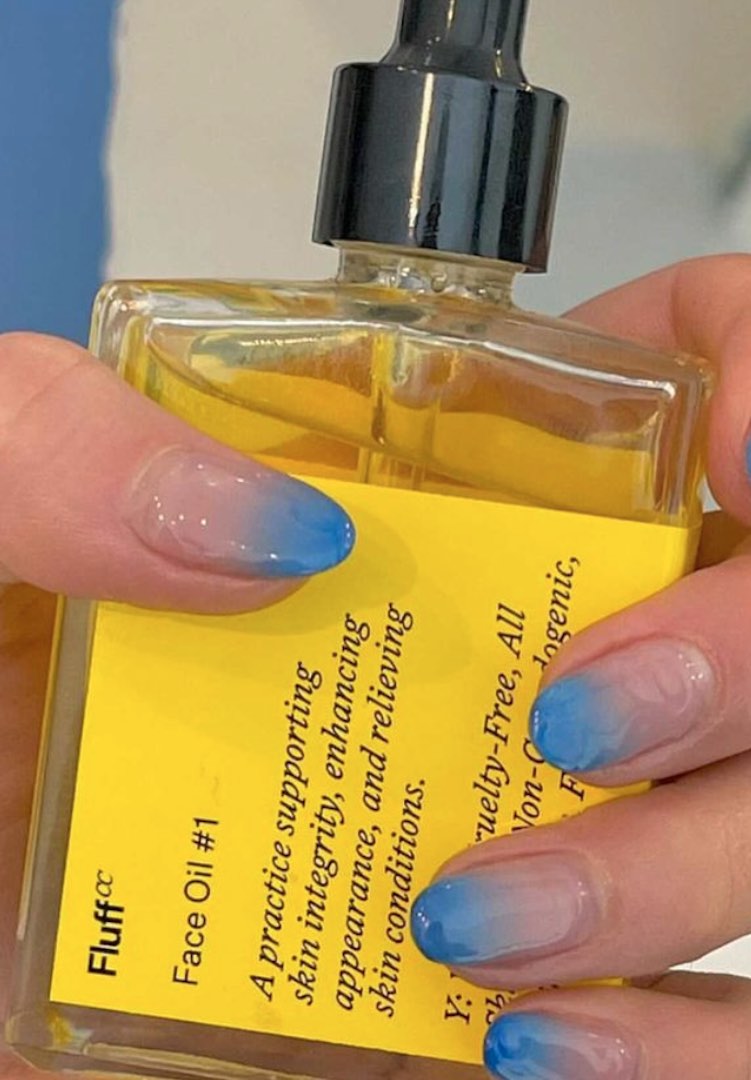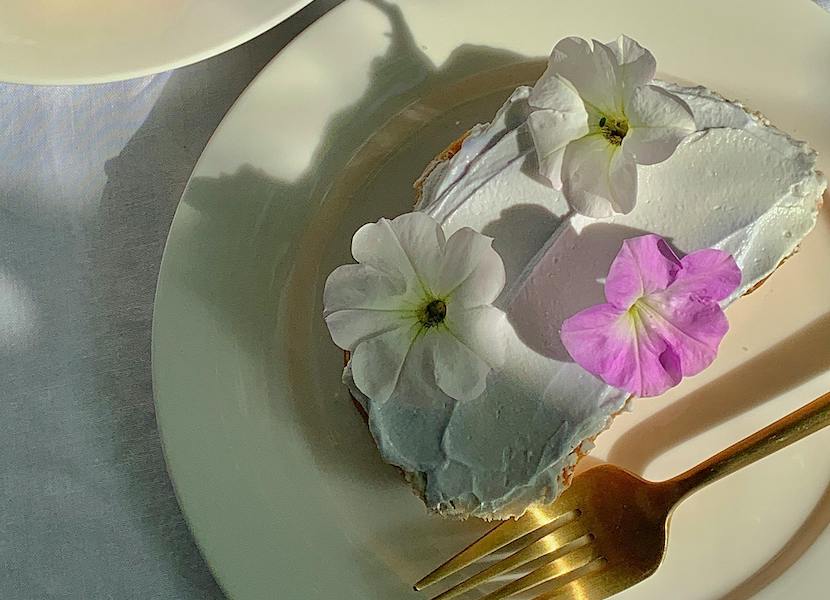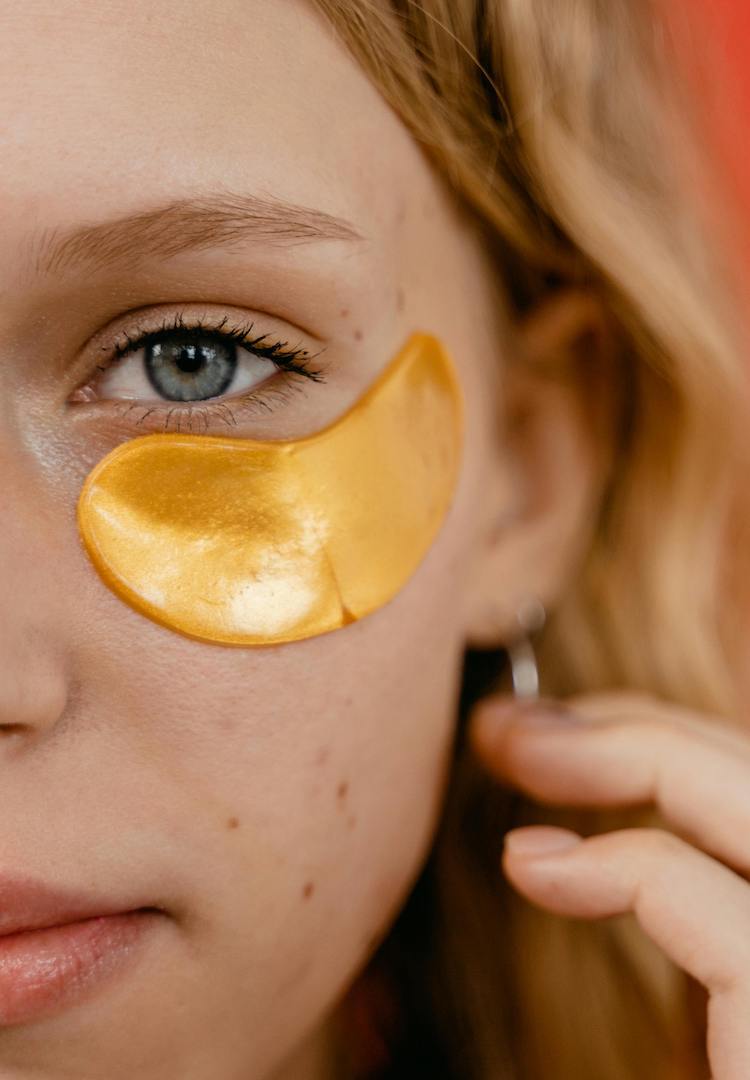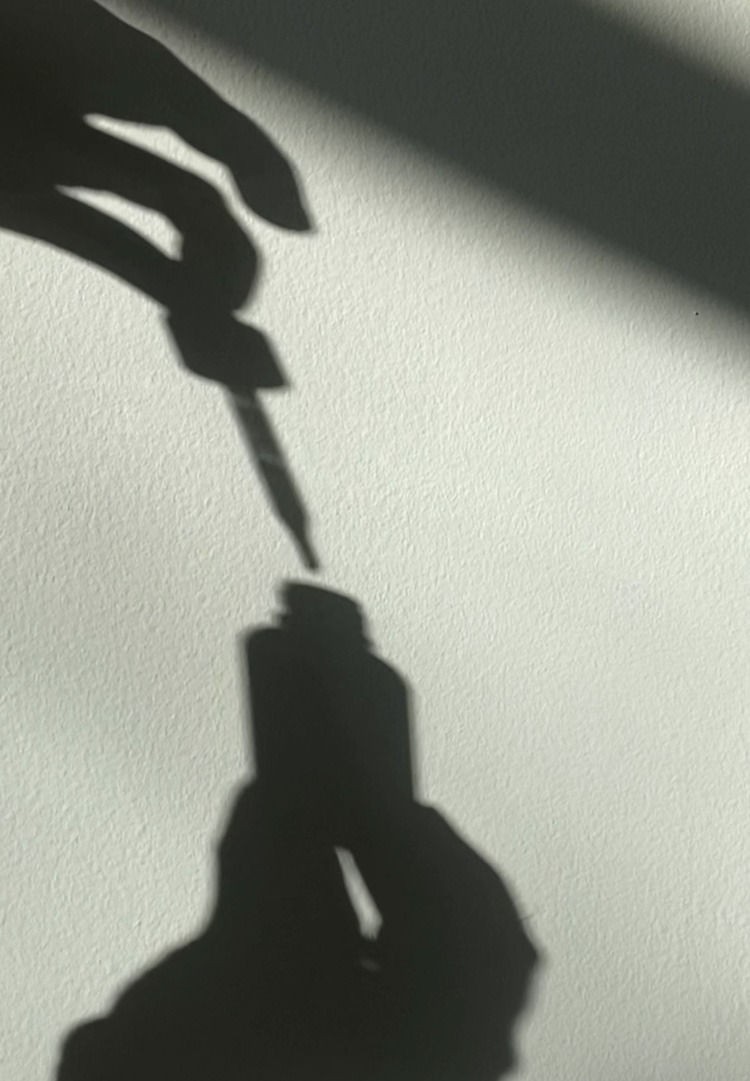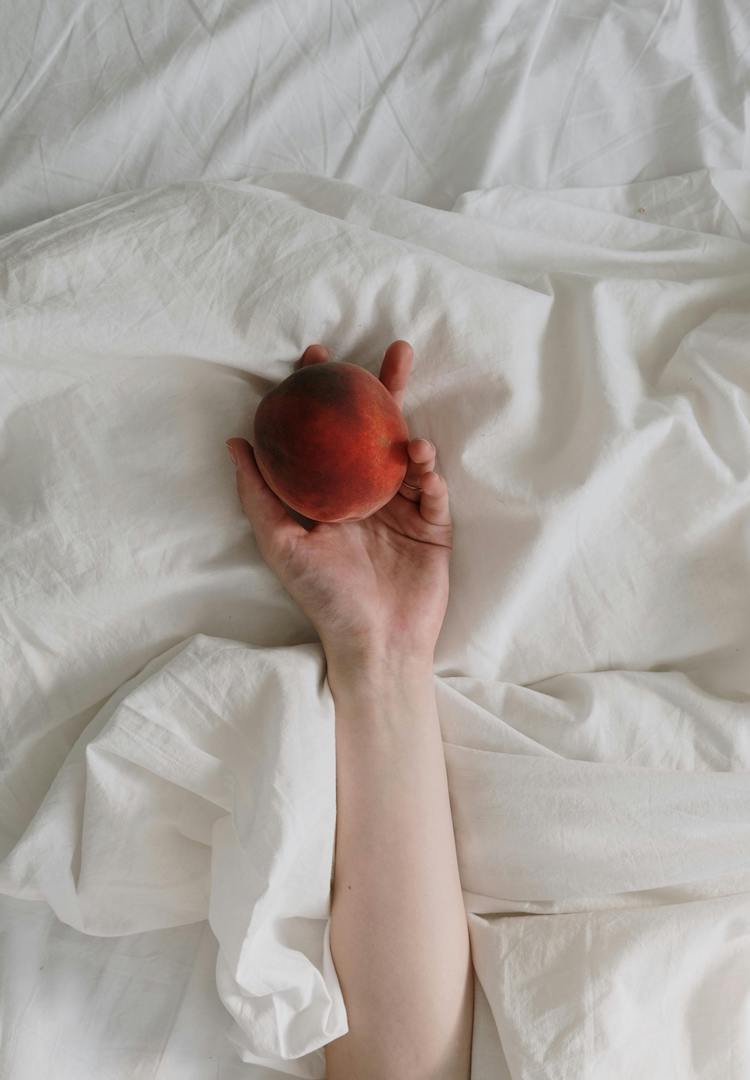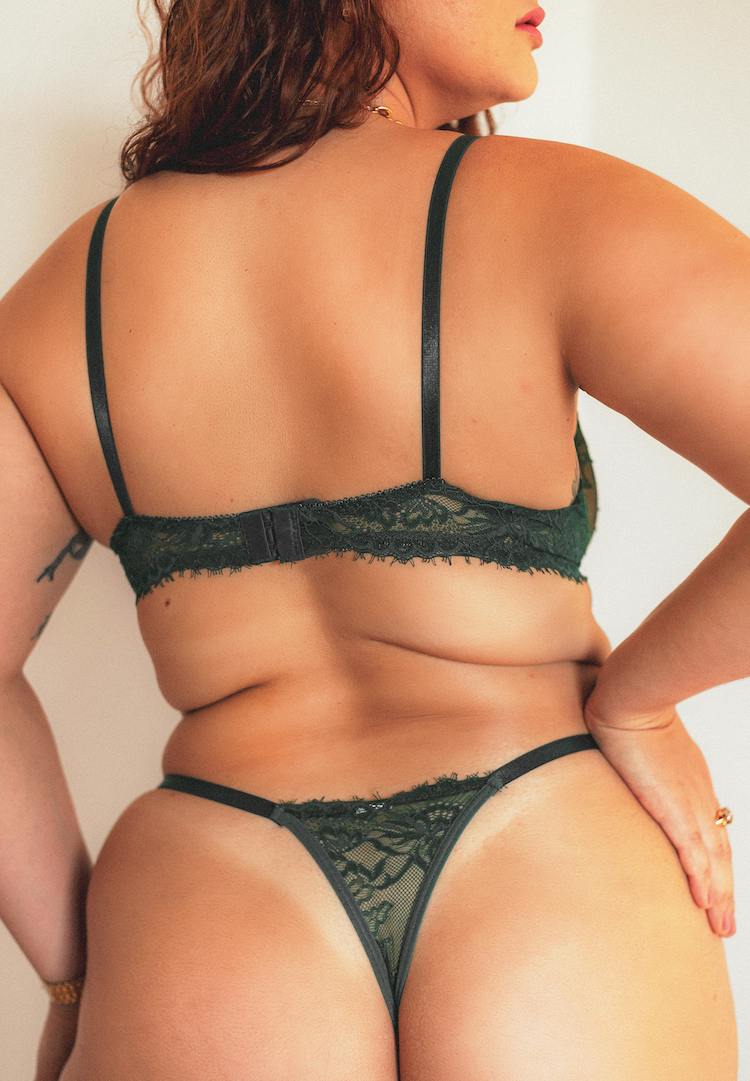Sugar, skin and ageing: What is ‘glycation’ and how is it impacting our skin?
WORDS BY YASMIN GOWER
Be sweet to your skin.
Maintaining healthy skin is hard. With an abundance of recommendations available online, and the ‘it’ skin product changing seemingly every week, it’s becoming increasingly difficult to keep up.
But with so much focus on external care, the importance of healthy lifestyle habits and their effect on acne and ageing is being forgotten. Factors like diet and sun exposure impact our skin enormously, especially if you’re already prone to breakouts.
Looking for skincare recommendations? Head over to our Beauty section.
By now, everyone knows that sugar and our skin are not the best of friends. This is a result of a biological interaction between our skin and the sugar molecules we consume called glycation.
To find out more about its impact on our epidermis, I spoke to dermal clinician and Founder of his eponymous Toorak-based skin clinic, James Vivian.
Hi James! Can you explain what glycation is and how it affects the skin?
Glycation is the interaction between sugar molecules e.g. glucose and our skin. When these sugar molecules adhere to our skin, the skin, especially our collagen, will weaken and harden leading to loss of firmness and support. It is said that glycation is irreversible so it’s important to be aware if you are concerned with skin ageing.
Diets high in sugar can enhance the formation of glycation, however, the process is natural and can occur with even small amounts of natural sugar molecule consumption, such as lactose and fructose. Physical symptoms of glycation can include thickening of the skin, a lightening of skin colour and fine to deep lines and wrinkles. Glycation can also increase free-radical production in the skin leading to further skin ageing as well as decreasing the water content in the skin leading to dehydration and dull complexions.
Does it affect everyone?
It’s probably going to get us all to some extent, but everyone’s ability to naturally prevent the extent of glycation and how visible it will be on the surface of the skin will differ from person to person. However, generally, we see signs of glycation coming through from anywhere as early as 30 but [it’s] more prevalent in clients who are in their 40s, 50s and 60s.
How can we prevent glycation? Are there specific products and/or ingredients you can recommend?
Boosting the skin’s natural supply of antioxidant protection through vitamins A, B and C may assist with minimising the effects of glycation, as well as maintaining optimal moisture and hydration in the skin via ceramides, essential fatty acids, humectants such as hyaluronic acid and collagen-boosting peptides. Whilst they can assist in the appearance of general skin ageing, they should be used in combination with a nutrient-rich diet, adequate sleep and dutiful sun protection.
Are there preventative measures we can take outside of skincare?
Beyond skincare, genetics and how we treat our bodies are the key considerations when it comes to glycation and its effects on the skin. Maintaining a diet low in both processed and natural sugars will assist in the reduced formation of glycation, alongside considering sun protective measures beyond SPF which include hats, sunglasses, seeking shade and reducing time spent exposed to the sun.
For more advice on managing acne, head here.

